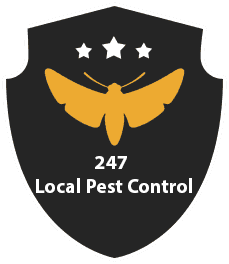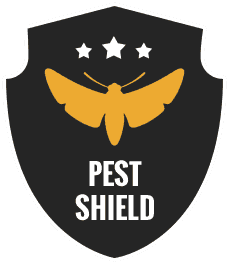Introduction to Hornets
Hornets are large, social insects belonging to the family Vespidae, primarily known for their aggressive behavior and potent stings. They are closely related to wasps and bees and are commonly found in temperate regions around the world. Understanding the characteristics and habits of hornets is essential for effective pest management and ensuring safety around these formidable insects.
- Hornets are larger and more robust than common wasps, with adults typically measuring between 0.75 to 1.5 inches (2 to 4 centimeters) in length.
- They have distinctive yellow and black markings on their bodies, with a noticeably thicker abdomen compared to other stinging insects. Their wings are transparent and fold longitudinally when at rest.
- Hornets are social insects that live in colonies consisting of a queen, workers, and drones. They are highly organized and cooperative, with each member playing a specific role in the colony's survival and reproduction.
- Hornets are known for their aggressive defense of their nests and territory. They will vigorously defend against perceived threats, including humans and animals, by stinging repeatedly if provoked.
- Hornets construct large, papery nests made from chewed wood fibers mixed with saliva. These nests are often found in sheltered locations such as trees, shrubs, eaves, attics, and wall voids.
- The queen hornet initiates nest construction in the spring, laying eggs that hatch into worker hornets responsible for foraging, nest maintenance, and caring for the brood. As the colony grows, so does the nest, with populations reaching peak numbers in late summer or early fall.
Understanding the appearance, behavior, nesting habits, and associated risks of hornets is essential for effective pest control and mitigating the potential dangers posed by these formidable insects. If you suspect a hornet infestation on your property, it's crucial to seek professional assistance to safely and efficiently address the problem and minimize the risks to your home and family.
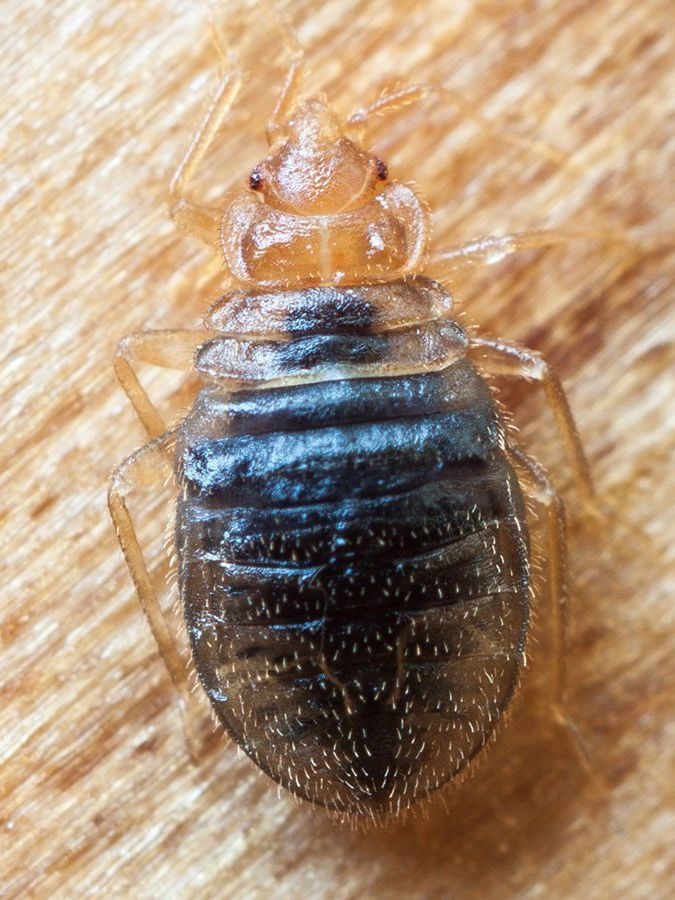
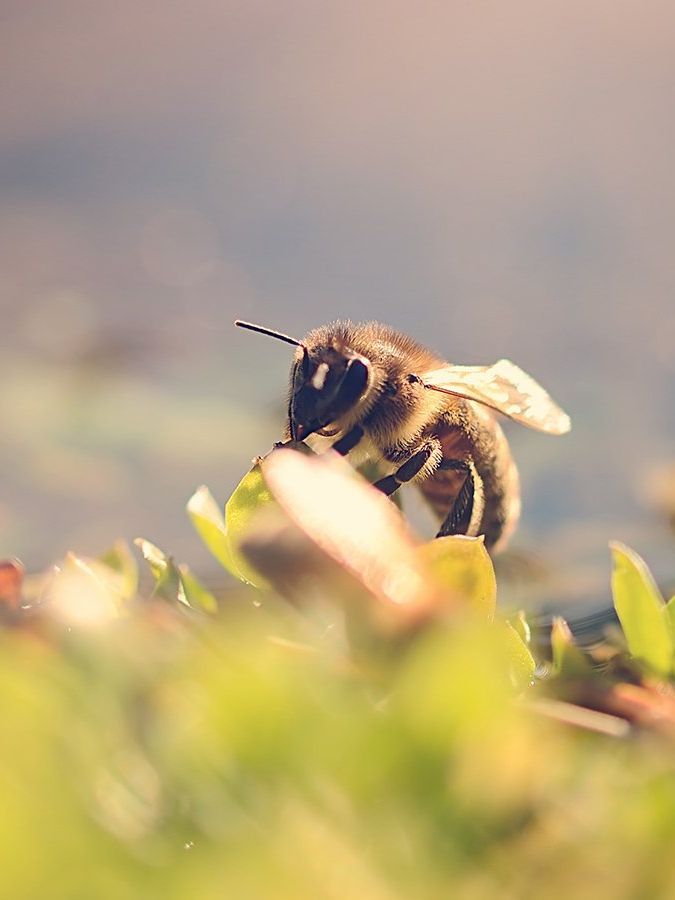
Signs of Hornet Infestation
Sightings of Hornets:
The presence of hornets flying around nesting areas or near your home is one of the most obvious signs of an infestation. Hornets are typically active during the day and can be seen flying in and out of their nests.
Nest Sightings:
Discovering hornet nests in trees, shrubs, eaves, attics, or wall voids is a clear indication of an infestation. Hornets construct large, papery nests made from chewed wood fibers mixed with saliva, which are often shaped like a football or teardrop.
Audible Buzzing Sounds:
You may hear buzzing sounds coming from areas where hornets are active, especially near their nesting sites. Hornets produce a distinctive buzzing noise when flying and may become more vocal when disturbed or threatened.
Increased Activity Near Food Sources:
Hornets are attracted to sweet foods and sugary liquids, such as ripe fruits, sugary drinks, and floral nectar. An increase in hornet activity around outdoor dining areas, garbage cans, or compost piles may indicate a nearby nest.
Aggressive Behavior:
Aggressive behavior from hornets, such as dive-bombing, buzzing, or stinging, may occur if they perceive a threat to their nest or territory. Exercise caution if you notice hornets behaving aggressively, as they can deliver painful stings when provoked.
Visible Nest Material:
You may find pieces of chewed wood fibers or papery material around your property, indicating the construction or expansion of a hornet nest nearby. Hornets use these materials to build and maintain their nests, which may accumulate in and around nesting areas.
Presence of Larvae or Pupae:
If you have access to the interior of a hornet nest, you may observe the presence of larvae or pupae developing within cells. Hornets undergo complete metamorphosis, with eggs hatching into larvae that eventually pupate and emerge as adult hornets.
Unexplained Stings:
If you or family members experience unexplained stings, especially multiple stings in a localized area, it may indicate the presence of a hornet nest nearby. Hornets will defend their nests aggressively and may sting in response to perceived threats.
If you notice any of these signs of a hornet infestation on your property, it's essential to take action promptly to address the problem and prevent further issues. Professional pest control services can provide targeted treatments, nest removal, and preventative measures to effectively manage hornet infestations and ensure a pest-free environment.
Risks and Dangers of Hornet Infestations
Painful Stings:
Hornets are equipped with a potent venom and can deliver painful stings to humans and animals when threatened or provoked.
Unlike bees, hornets can sting multiple times without losing their stinger, increasing the potential for multiple painful stings in a single encounter.
Allergic Reactions:
Some individuals may experience allergic reactions to hornet stings, ranging from mild swelling and discomfort to severe anaphylaxis.
Anaphylaxis is a severe allergic reaction that can lead to difficulty breathing, swelling of the throat, rapid heartbeat, and loss of consciousness. It requires immediate medical attention.
Disruption to Outdoor Activities:
The presence of hornets can disrupt outdoor activities such as gardening, picnics, barbecues, and recreational activities.
Fear of hornet stings may discourage people from spending time outdoors or enjoying their outdoor spaces, impacting their quality of life and leisure activities.
Aggressive Behavior:
Hornets are highly territorial and will vigorously defend their nests against perceived threats. They may exhibit aggressive behavior, including dive-bombing, buzzing, and stinging, when disturbed or provoked.
Aggressive hornets pose risks to humans and animals, especially children and pets who may inadvertently disturb nesting sites.
Psychological Impact:
The presence of hornets and the fear of being stung can cause anxiety, stress, and discomfort for individuals and families living in infested areas.
Fear of hornets may impact outdoor activities, sleep quality, and overall well-being, leading to decreased enjoyment of outdoor spaces and heightened vigilance.
Understanding the risks and dangers associated with hornet infestations is crucial for effective pest management and ensuring the safety and well-being of residents. Prompt action and professional pest control services are essential for addressing hornet infestations safely and effectively, minimizing risks and restoring peace of mind.
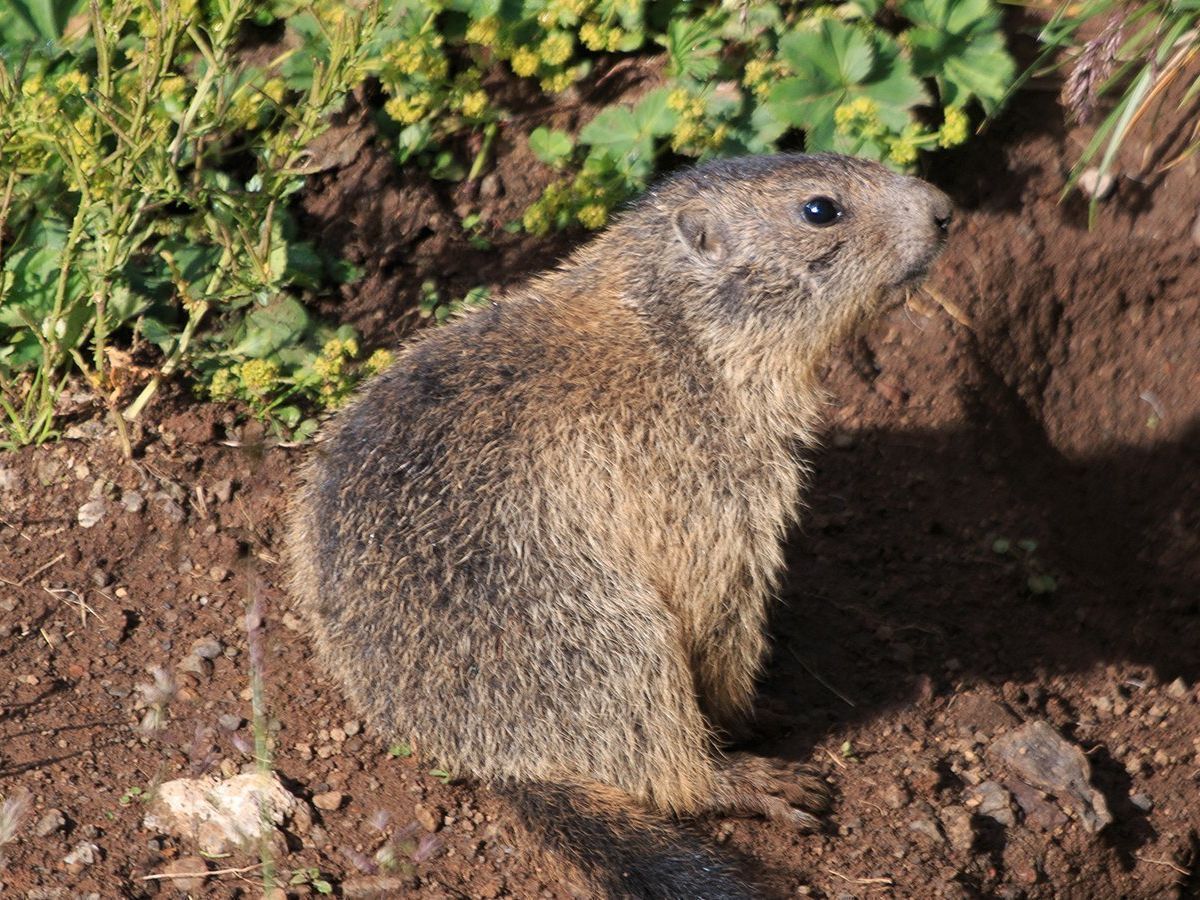
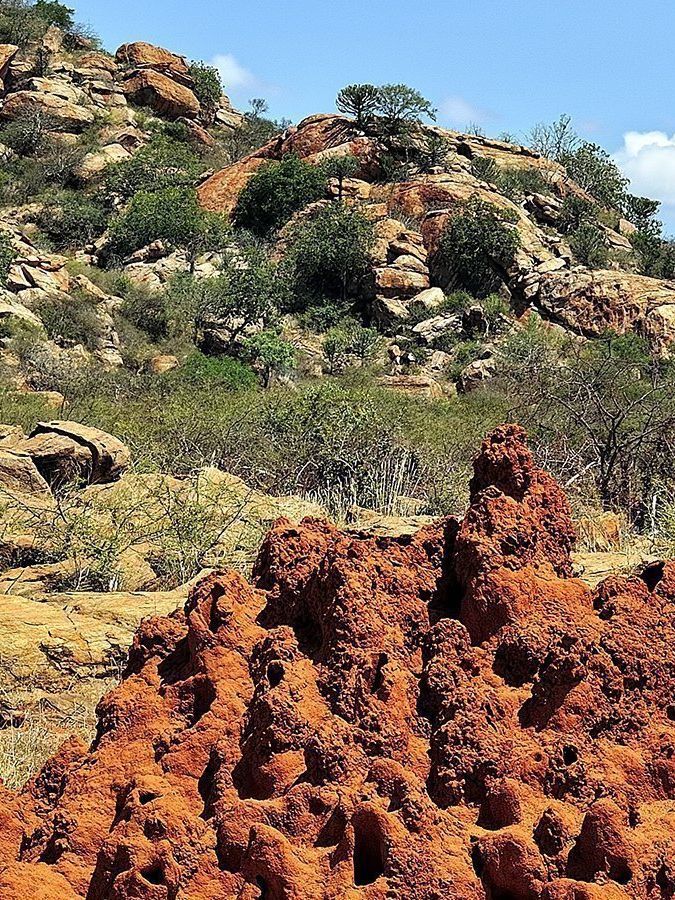
Our Pest Control Approach for Hornet Control
Thorough Inspection:
Our experienced technicians conduct a comprehensive inspection of your property to identify hornet nesting sites, entry points, and conducive conditions for infestation.
We assess the extent of the infestation and determine the most effective course of action based on our findings.
Safe and Effective Treatments:
We utilize safe and environmentally friendly treatments to remove hornets and eliminate nesting sites from your property.
Our treatments are specifically designed to target hornets while minimizing harm to non-target organisms and the surrounding environment.
Nest Removal and Exclusion:
We safely remove hornet nests from trees, shrubs, eaves, attics, or other locations using specialized equipment and protective gear.
After nest removal, we implement exclusion techniques to prevent hornets from reinfesting the area, such as sealing entry points and repairing structural damage.
Environmentally Friendly Practices:
We adhere to environmentally friendly practices and integrated pest management (IPM) principles to minimize environmental impact and promote sustainability.
Our treatments prioritize the use of low-toxicity products and methods that are safe for humans, pets, and beneficial insects.
Preventative Measures:
In addition to addressing existing hornet infestations, we implement preventative measures to deter future infestations and minimize the risk of recurrence.
This may include habitat modification, such as reducing attractants like food sources and maintaining a tidy outdoor environment.
Customer Education:
We educate our clients on hornet biology, behavior, and prevention strategies to empower them to take proactive measures to safeguard their homes.
By providing valuable information and guidance, we help clients understand the importance of hornet control and their role in maintaining a pest-free environment.
Follow-Up Inspections:
We conduct follow-up inspections to monitor the effectiveness of our treatments and ensure long-term success in controlling hornet populations.
Our goal is to provide lasting solutions that address the root cause of the infestation and prevent future problems.
At 24/7 Local Pest Control, we are committed to delivering safe, effective, and environmentally friendly hornet control services. Our experienced team utilizes industry-leading techniques and practices to ensure the health and safety of our clients and the environment. If you're experiencing issues with hornet infestations, don't hesitate to contact us for expert assistance and peace of mind
Prevention Tips for Hornet Infestations
Seal Entry Points:
Inspect the exterior of your home for cracks, gaps, or openings that could serve as entry points for hornets. Seal these entry points with caulk, weatherstripping, or mesh screens to prevent pests from gaining access to your home.
Remove Food Sources:
Keep outdoor eating areas clean and free of food debris, spills, and leftovers that may attract hornets. Ensure garbage cans and compost bins are tightly sealed to prevent access to food sources.
Trim Vegetation:
Trim back vegetation, shrubs, and tree branches that come into contact with your home's exterior to create a barrier and prevent hornets from accessing your property. Maintain a clearance of at least 12-18 inches between plants and structures.
Regular Inspection:
Conduct regular inspections of your property to check for signs of hornet activity, such as sightings of hornets, nests, or buzzing sounds. Pay close attention to eaves, attics, wall voids, and other potential nesting sites.
Secure Trash and Recycling:
Keep trash and recycling containers tightly sealed to prevent hornets from accessing food sources and nesting materials. Empty containers regularly and clean up any spills or debris to reduce attractants.
Avoid Agitating Nests:
If you encounter a hornet nest on your property, avoid disturbing or agitating it, as this can trigger defensive behavior and increase the risk of stings. Contact a professional pest control service for safe and effective nest removal.
Use Caution When Gardening:
Be cautious when gardening or landscaping, as hornets may nest in trees, shrubs, or ground cover. Wear protective clothing, such as long sleeves, pants, and gloves, and avoid working near suspected nesting sites.
Install Protective Screens:
Install protective screens or barriers on windows, vents, and other openings to prevent hornets from entering your home. Use fine mesh screens that allow for ventilation while blocking pests.
Educate Family Members:
Educate family members, especially children, about the risks of hornet stings and the importance of avoiding contact with nests. Teach them to recognize hornets and to report any sightings or concerns.
Seek Professional Assistance:
If you suspect a hornet infestation on your property or encounter a hornet nest, seek professional pest control assistance. Trained technicians can safely remove nests, implement preventative measures, and provide guidance on effective hornet control strategies.
By following these prevention tips and taking proactive measures to safeguard your home, you can reduce the risk of hornet infestations and enjoy a pest-free environment. If you require further assistance or have concerns about hornet activity on your property, don't hesitate to contact a professional pest control service for expert guidance and assistance.

247localpestcontrol.com is a referral service that connects you with pest control service providers in your area. All pest control providers are operated independently of 247localpestcontrol.com. It is the responsibility of each user to verify that the pest control provider connected with meets all licensing and insurance requirements in that jurisdiction.
The photos on the 247localpestcontrol.com website are for design purposes only and do not represent the actual pest control services provided in your area.
Please note that pest control services may not be available in all areas, and when available, the services may vary depending on the providers available. 247localpestcontrol.com does not guarantee the availability of any specific pest control service or provider in your area.
It is recommended that you thoroughly research and vet any pest control service provider before hiring them to ensure that they meet your specific needs and requirements. 247localpestcontrol.com is not responsible for any issues or damages resulting from the services provided by any pest control service provider connected through our referral service.
